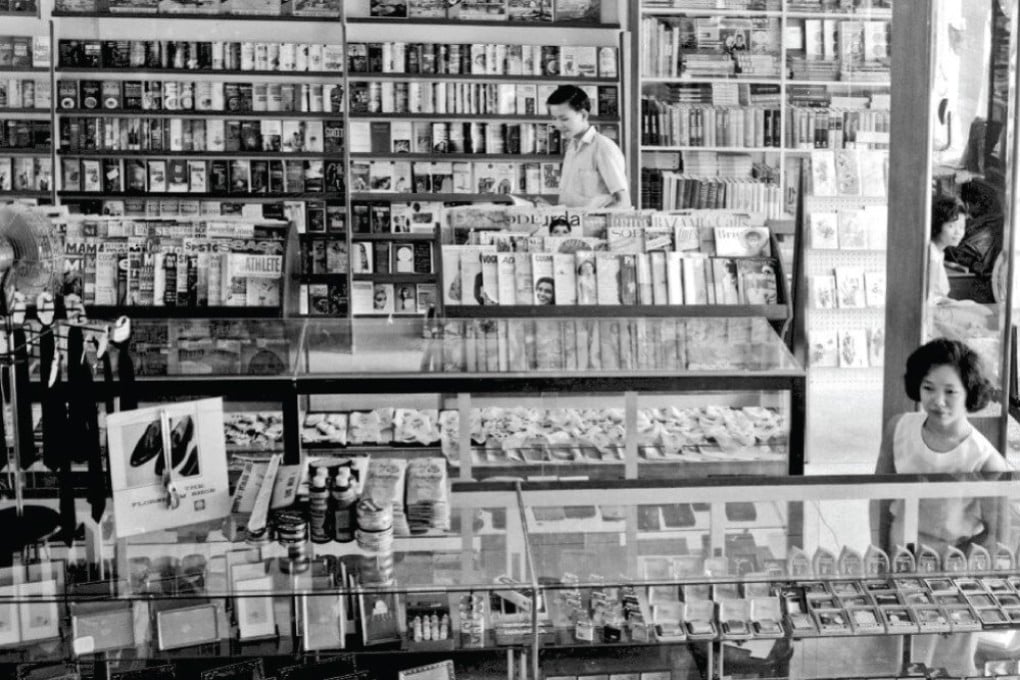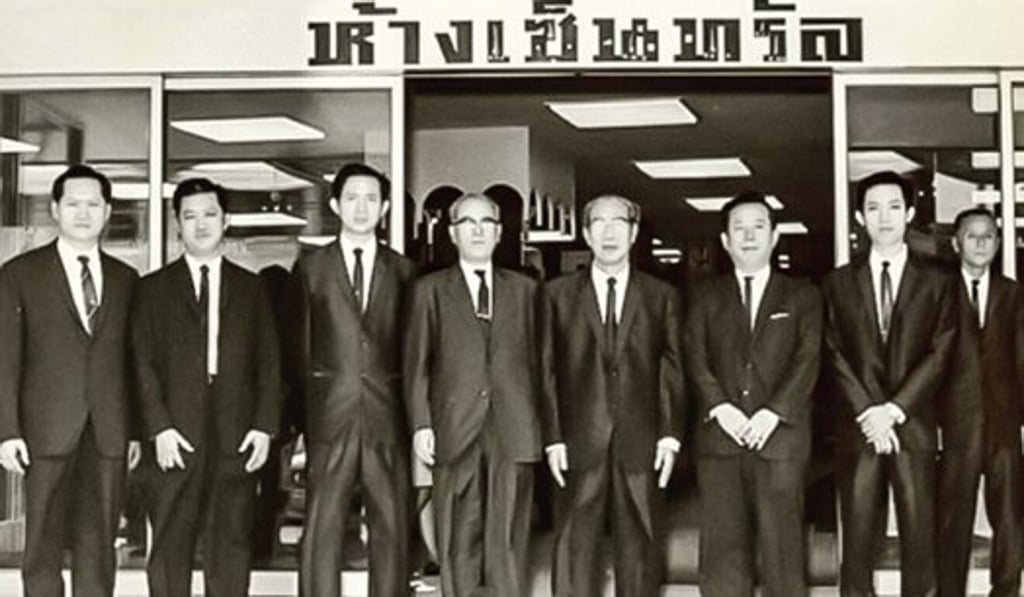Thai-Chinese family’s rise from shophouse to conglomerate is a slice of Bangkok history
- The Chirathivat family, owners of Central Group, trace their roots from Hainan Island to Charoen Krung shophouse and beyond
- A newly converted space that opened in October pays homage to their roots, offering a glimpse of Bangkok’s past

In 1927, he opened a sundries shop in suburban Thonburi, located across the Chao Phraya River from both the historic city centre and bustling Yaowarat – Bangkok’s Chinatown. But it wasn’t until 1947 that the family business, under the impetus of the grown-up son, became the Central Trading Company.
Tiang, as the patriarch was known, and his son opened their first Central shop in Si Phraya off Charoen Krung Road, the capital’s oldest paved thoroughfare. Tourists and locals alike came for their unique offerings of American and European books and magazines, and later for novel products like overseas fashions and cosmetics.

And so to abide by the law, the Cheng family abandoned its Chinese surname in favour of a Thai one: Chirathivat. Hok, the eldest son – out of 26 children by Cheng’s three wives – became Samrit Chirathivat.